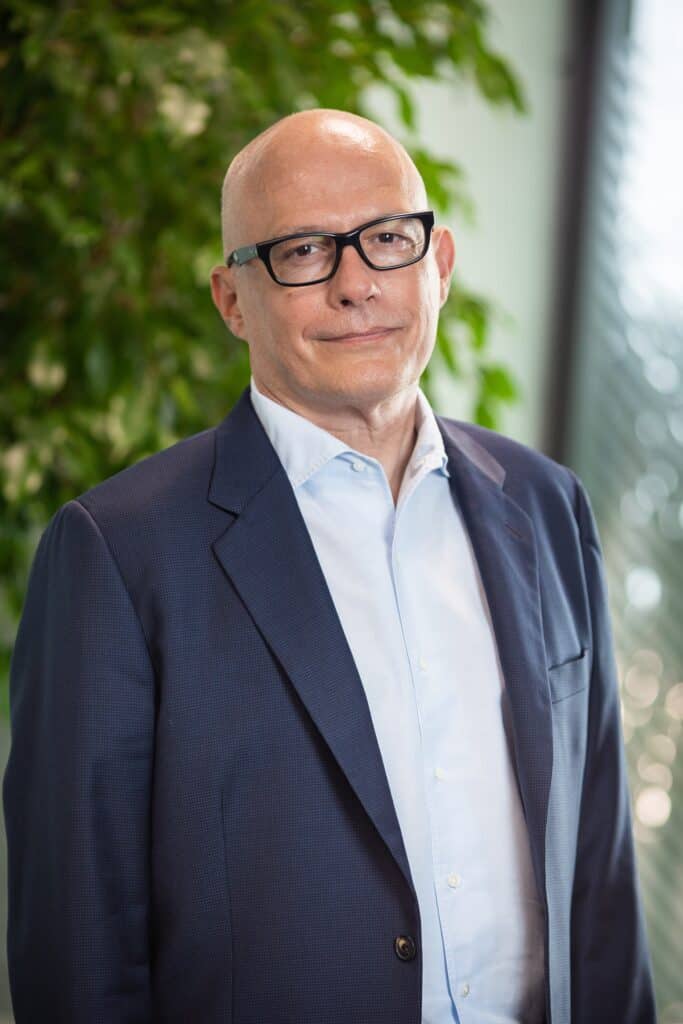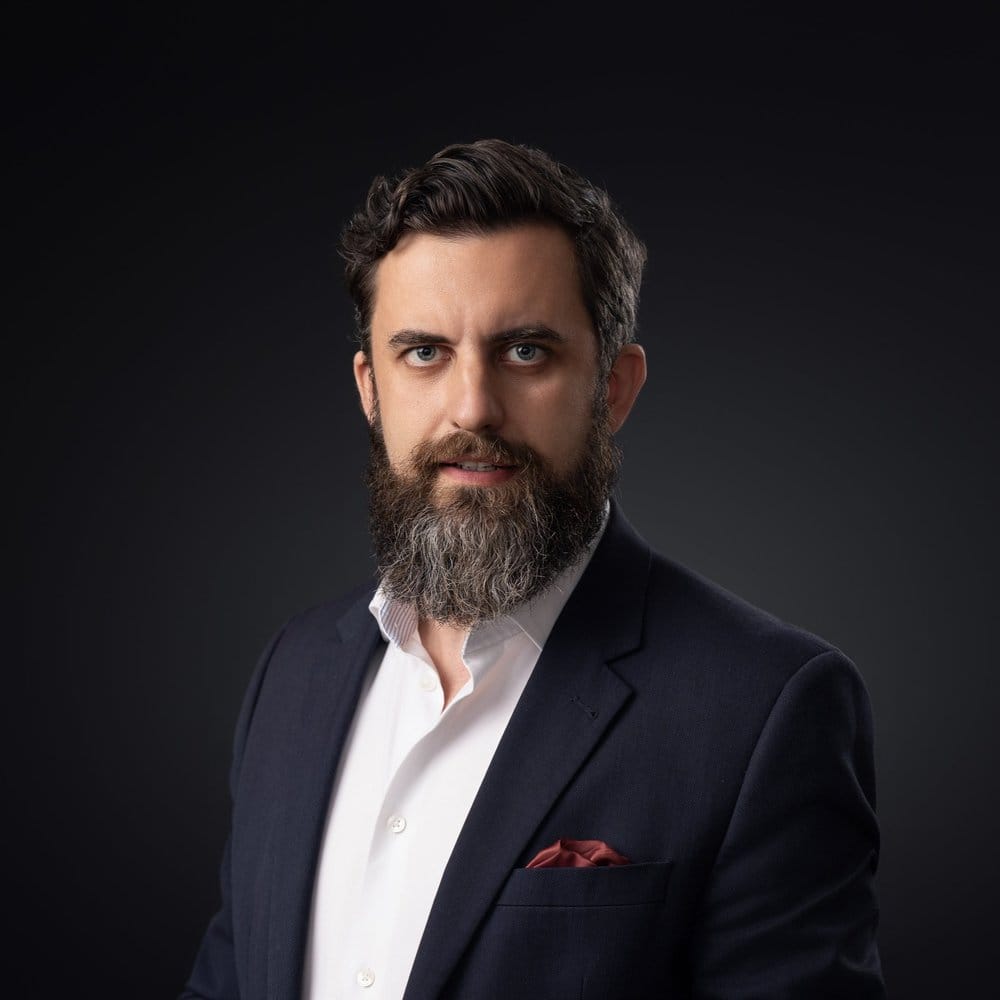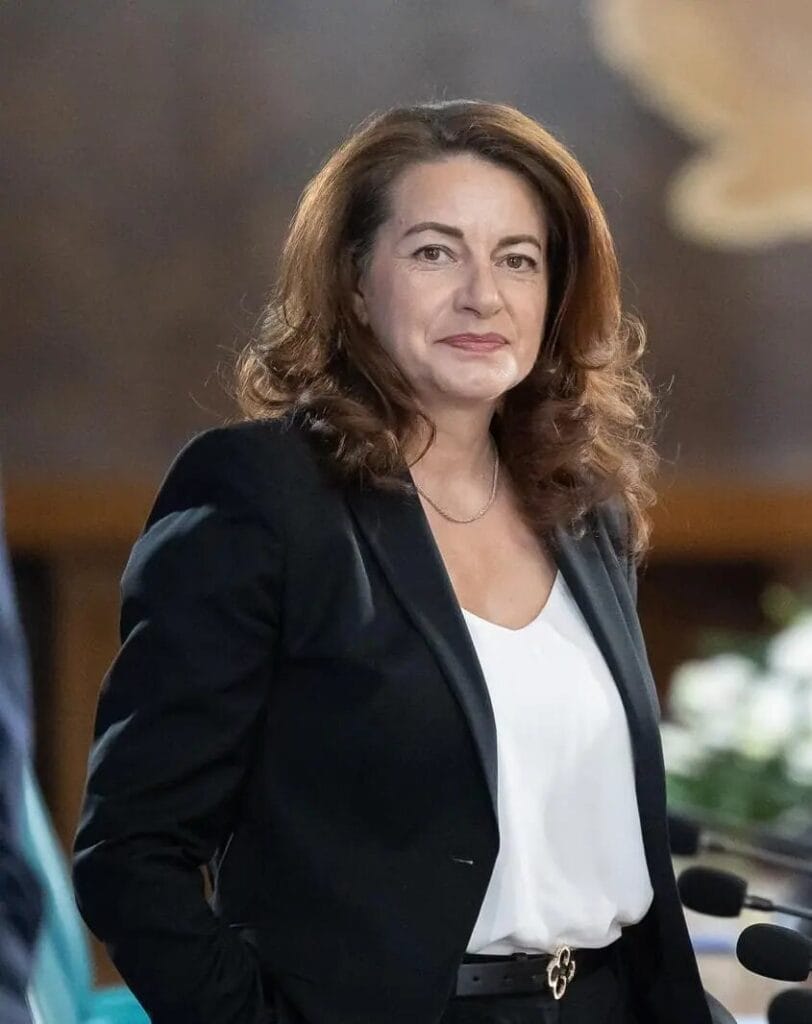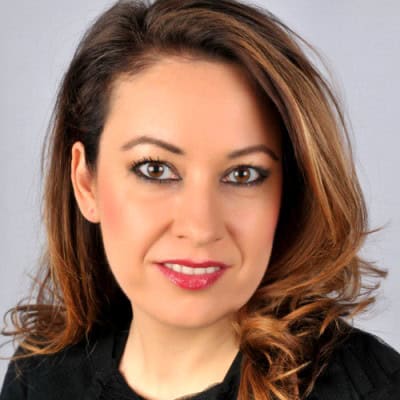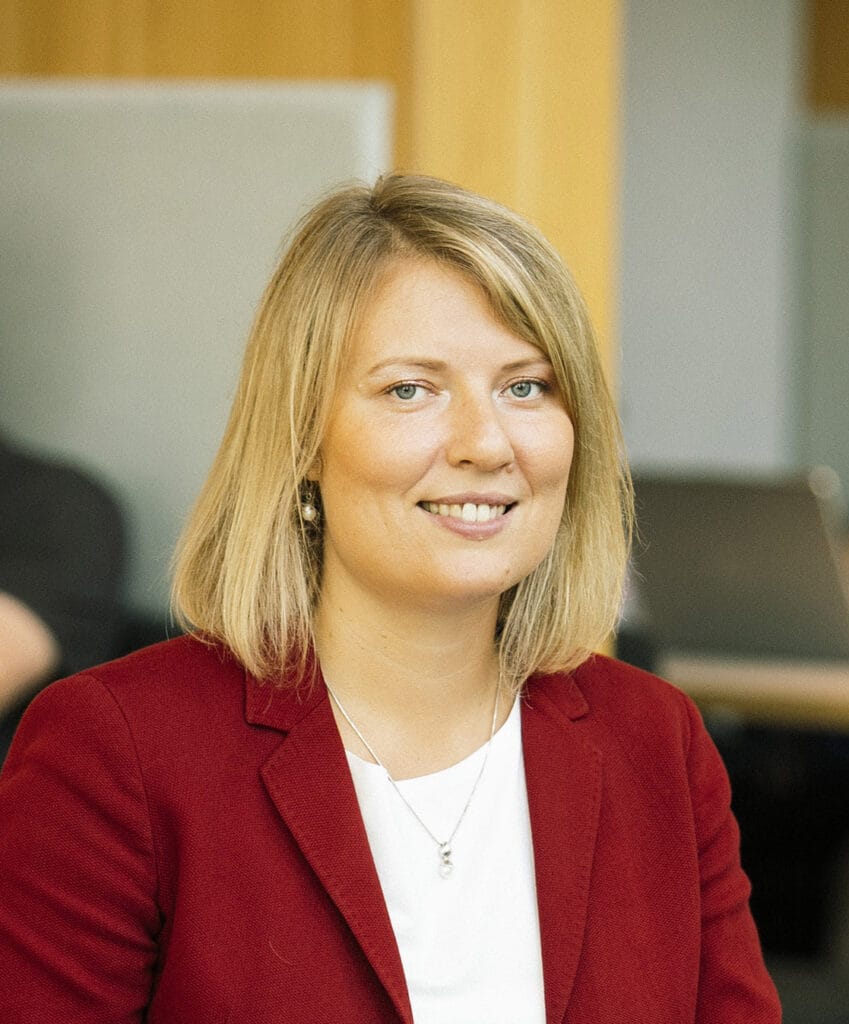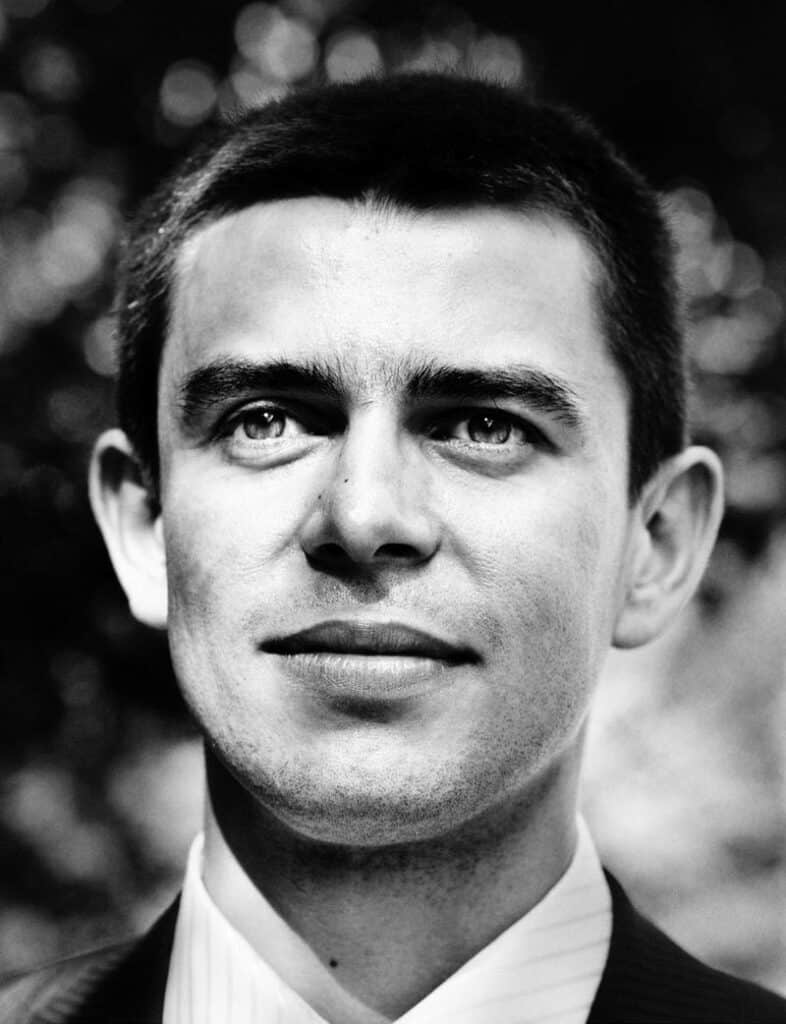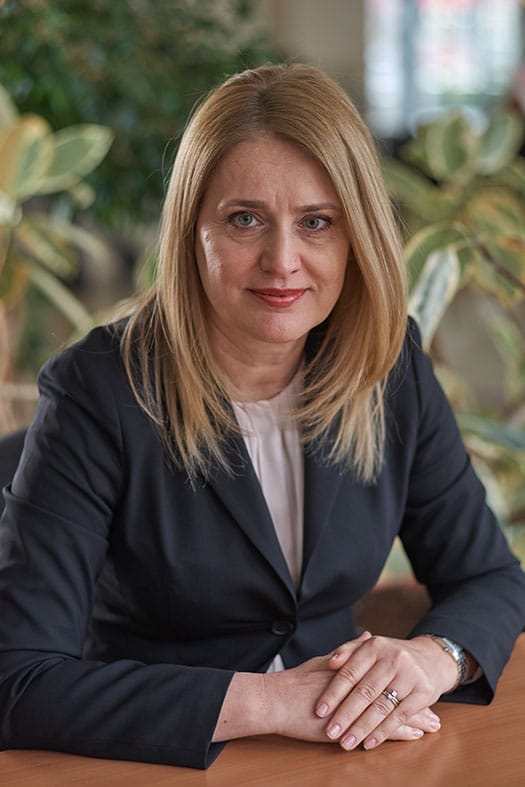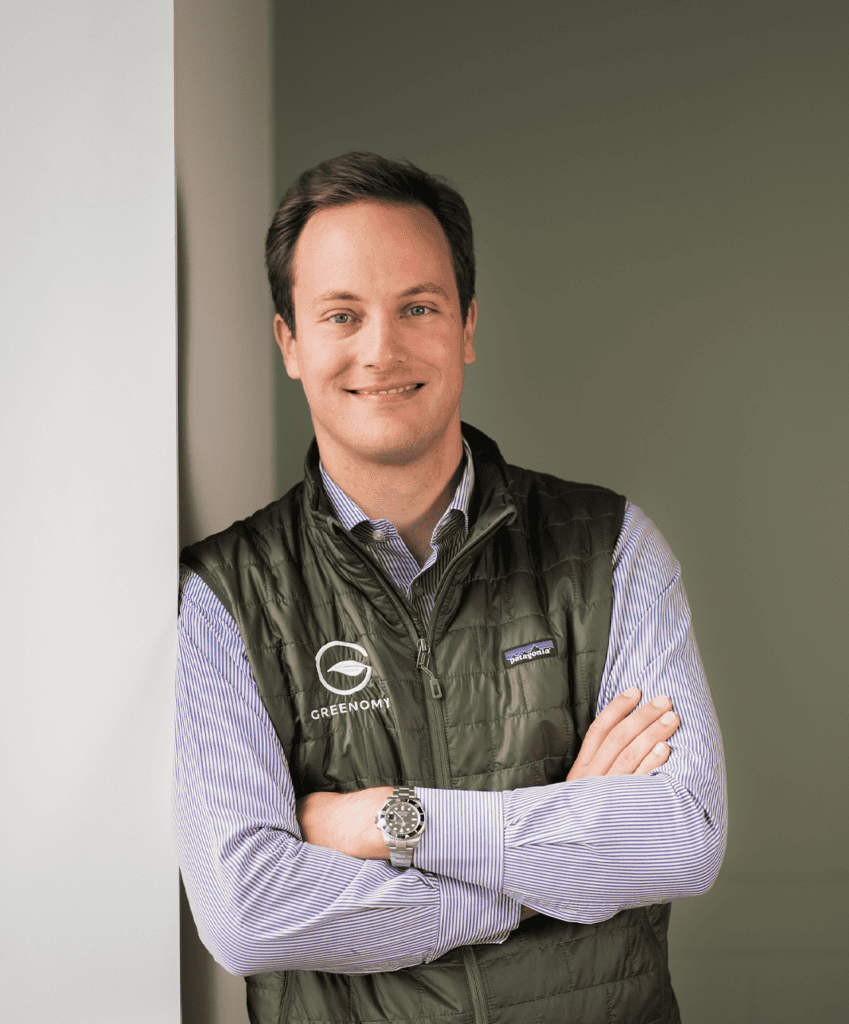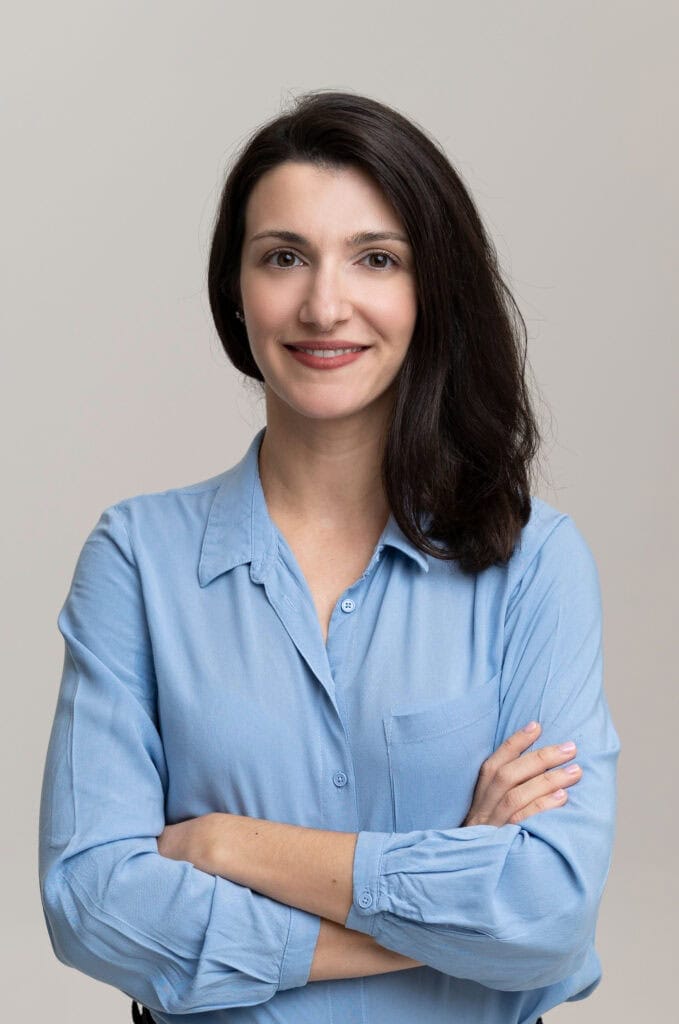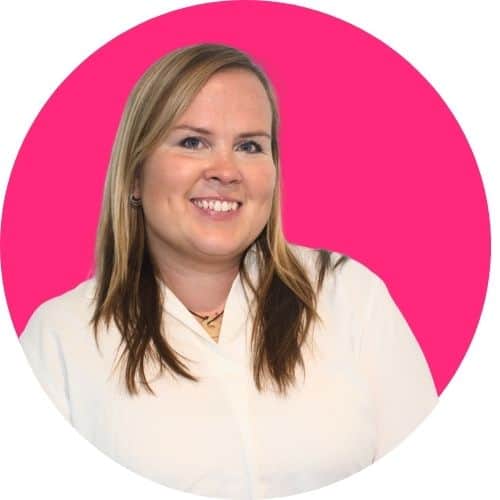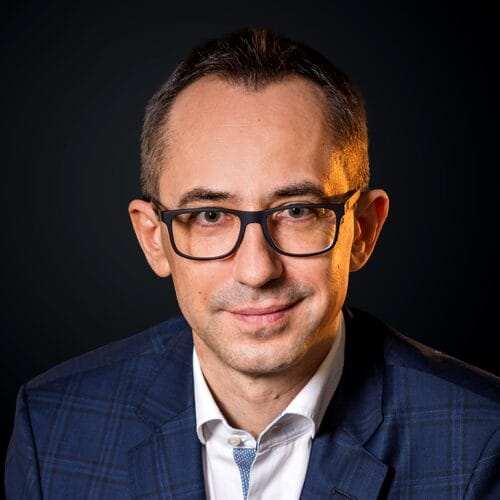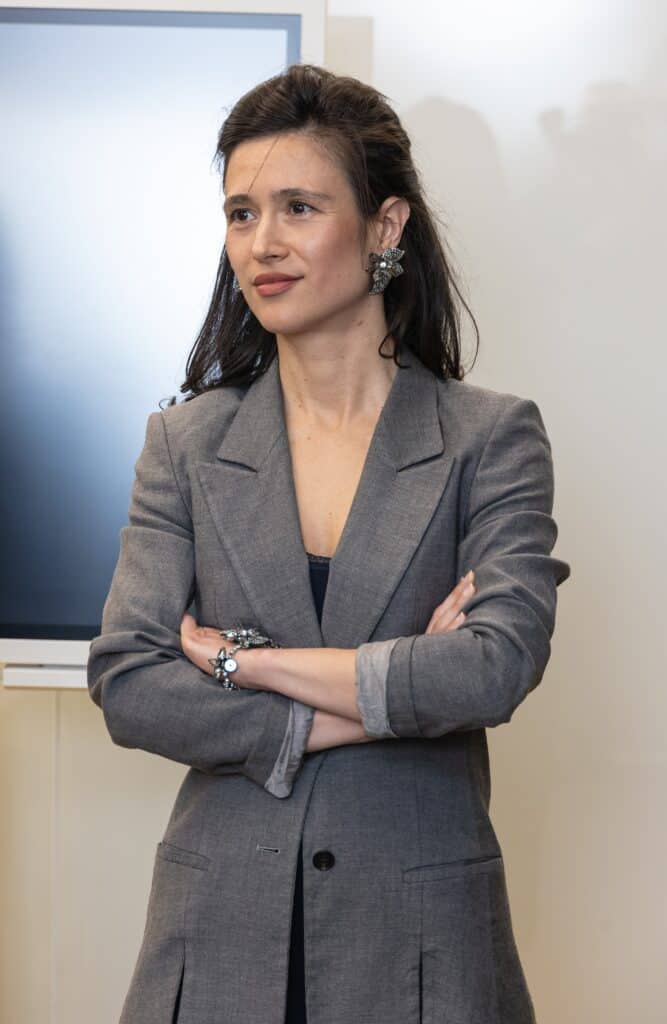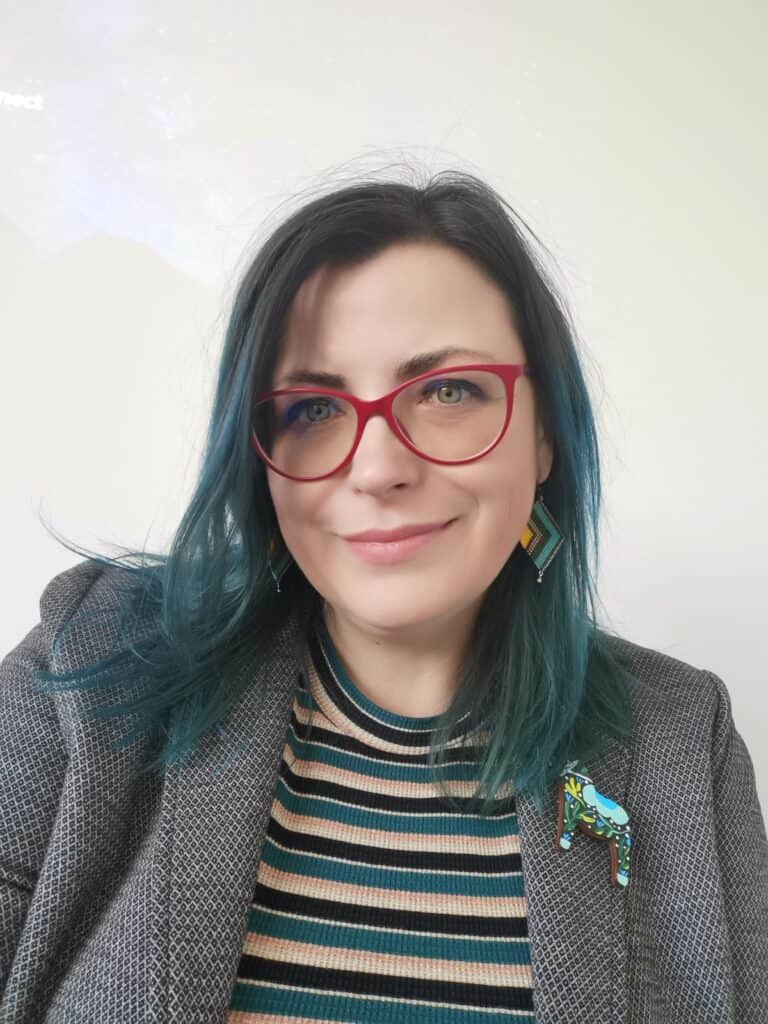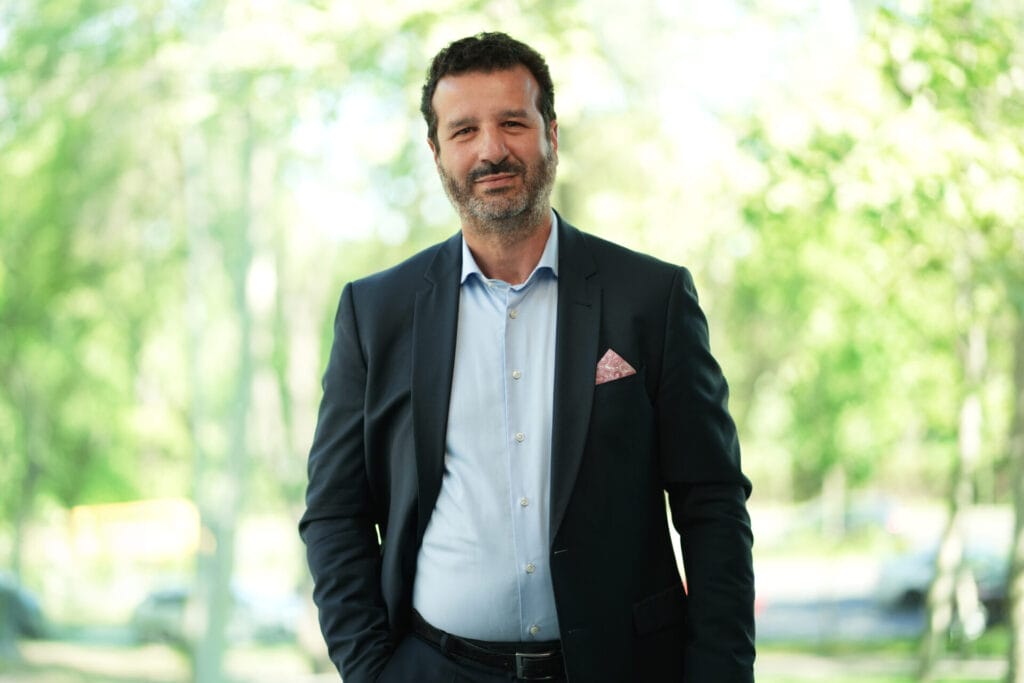
In an era marked by global interconnectedness, companies wield substantial influence over economies and societies worldwide. As the corporations navigate- the intricate landscape of international business, an imperative had emerged – one that transcends profit margins and market dominance: sustainability.
Sustainability today extends far beyond environmental considerations. It encompasses a comprehensive approach that integrates also economic and wider social dimensions, creating a harmonious balance that not only benefits the companies- and their immediate stakeholders, but also contributes positively to the global economy.
Societe Generale Group is committed to build together, with its clients, a better and sustainable future. This strategy is set of four pillars: the urgency of energy transition, having positive local impact, acting as a responsible employer, and maintaining a culture of responsibility.
These directions are at the core of our strategy as well, we, SG GSC are committed to implement sustainability principles in most of our activities.
Sustainable office building
One of these initiatives was the decision to have as headquarter an office building with an eco-friendly and sustainable environment meant to support our contribution is this area.
Inaugurated in 2021, Campus 6.3 has state-of-the-art facilities and increased energy efficiency, offers access to technology, and provides a collaborative and vibrant workspace – a green-concept and social project.
We opted to prioritize recyclable & recycled products, supporting the regional economy logistics elements and the reuse of existing equipment limiting above 150t CO2 avoidance.
This location is a workspace of the future with features and benefits like:
- one of the very first WELL pre-certified buildings in Romania, which means: clean air and water, healthy nourishment, natural light, fitness features, comfort solutions and mind-body balance;
- LEED Gold pre-certified building – healthy, highly efficient and cost-saving green building;
- bike racks, locker rooms and showers for athletes or those coming to the office by eco-friendly means of transport;
- outdoor working spaces – using multifunctional exterior furniture with plug in and Wi-Fi;
- dedicated chargers for electrical cars with high-speed charging time;
- the office space was audited for the accessibility of people with disabilities, this being one of priority project in the previous year;
- DEKRA Certification;
- 100% green energy:
- Avoided annual emissions: 527 T CO2;
- Reduced CO2 annual emissions with 50% per employee;
- implemented a waste separation system (household, plastic, paper and medical (during pandemic situation)) and we’ve eliminated for a couple of years the individual trash cans to encourage our colleagues to recycle;
- we’ve reduced the annual plastic waste quantity with 35%, but more needs to be done about our collective behavior
- reducing water consumption through the use of rainwater to irrigate the green space, installation of sink faucets with presence sensor in kitchens, installation of bubbler (site) bathroom sinks faucets to reduce consumption and limited time of maximum 10 seconds/press and the use of gray water (water used in the sinks) which passes through filters and is reused in the toilet bowls; and
- generous green areas for relaxation, amphitheaters, restaurants, and cafeterias.
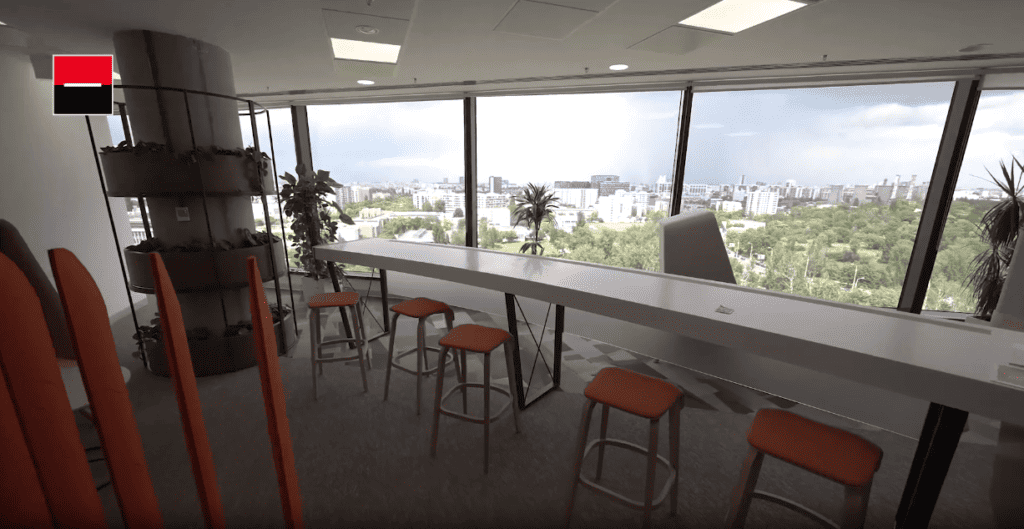
Reduction of online carbon footprint and energy consumption
Our commitment to green energy and eco-friendly practices extends beyond the building and its physical features. It’s ingrained in the company’s culture and daily operations, and we have an open and ongoing dialogue about how to achieve it. We encourage each other, to reduce our online carbon footprint and use of energy through concrete actions contributing like:
- Recycling of electronic waste
Electronic waste is a growing concern. In collaboration with specialized organizations, we engage in responsible disposal and recycling of equipment that we no longer use, by handing over our e-waste and ensuring that these enter official supply chains, and with certified reconditioning of some IT devices, such as laptops, for use by vulnerable communities. .
- Cloud storage
One of the most impactful ways to reduce our energy consumption is to adopt cloud storage solutions. By moving data and applications to the cloud, we were able to take advantage of the efficiency of large-scale data centers, which consume an optimized amount of energy compared to local servers.
- Digital cleaning
We constantly promote and encourage a work environment where responsible data management practices are applied to reduce digital clutter, like you would do in your own drawers. Thus, we support each other in the effort to regularly clean and organize digital files, by deploying initiatives that aim to reduce digital data, since 2021. Last year we hit 1.2 TB threshold for deleted data, during our Digital Clean-up exercise every March, a best practice competition through which participants intentionally reduce their data storage space, which also attracts individuals’ internal recognition. Given that, on average, each of us is responsible for the production of almost 400 g of CO2e annually, as a digital carbon footprint, it’s imperative to diminish storage space in the online environment.
Investing in sustainable technologies and processes often translate into resources efficiency. From energy conservation to waste reduction, there initiatives not only mitigate environmental impact, but also contribute to substantial cost savings and the entire financial health of our company and its ability to sustain business long term.
Special trainings for employees
Another way of engaging our colleagues in the process of implementing sustainable initiatives is by offering different types of trainings and concrete support in applying our directions in their daily lives.
One of the programs that we’ve implementing is called Climate Fresk and is an interactive workshop which offers new perspectives and information regarding the changes in our climate through a game with cards. Initiated in France, we, as vectors for environmental awareness and guidance, deployed this fresk in a sustained manner with an internal team of animators, with a permanent inclusion in our Induction for Managers.
Even if we are all aware of the main transformations our climate is suffering, it’s not that easy to understand that our daily lifestyle could be one of the reasons for these shifts.
During a Climate Fresk workshop, our colleagues understand the chain of cause and effects which influence the evolution of our planet.
With ~30 facilitators in our company that have trained over 500 colleagues through this interactive workshops. They now know how to apply clear, simple actions in their daily lives to reduce their negative influence over our environment.
We continue to raise awareness of the impact we have on the environment, including through a new series of complementary workshops entitled 2tonnes, together with our trusted Climato Sfera partner,
We are the first company in Romania that offer 2tonnes trainings to employees and the opportunity to find out what their carbon footprint is and to do a role play at highest levels of decision making from the government, intergovernmental, non-governmental and business arenas.
This type of initiatives promotes the idea that SG GSC is a purpose-driven workplace, that offers employees the possibility to contribute directly, with concrete actions to the evolution of our environment. This commitment to sustainability, consolidated through special training, aligns with our values of being a socially conscious workplace, boosting employee’s morale and hopefully, our overall satisfaction.
Volunteering programs
During the first half of 2023, through “We Care Together”, more than 1,500 colleagues become volunteers in over 200 activities, alongside our 15 NGO partners. All these initiatives have specifically contributed to the lives of over 150,000 beneficiaries from categories such as: disadvantaged children, adults, PWD persons and many more.
Our colleague’s implication meant restoring the environment, assisting children & teachers from areas with limited access to information to keep up with school and learn about the modern world, thorough digitalization, or offering support to people with disabilities to develop their skills and knowledge.
The online teaching sessions were also complemented by physical volunteering activities in which our colleagues, regardless of profession or seniority, joined forces to participate in the renovation of some schools or premises where educational activities were carried out. For example, the company’s ambassadors together with our top management team painted a rural school enrolled in the World Vision Romania foundation’s educational programs, preparing it to welcome the young students in the new school year. And the Business Transformation & Consulting team contributed to the renovation of one of our NGO partners’ association’s headquarters, “FDP – Protagonisti in educatie” association, whitewashing it and providing support in its arrangement to make it even more welcoming.
Our volunteering programs foster positive relationships, promote social well-being, and help build trust among our colleagues the communities around us.

ESG and the relationship with our sustainable suppliers
Societe Generale Group had already embraced years ago the Sustainable Procurement Charter and has also created last year a program “ESG by Design” to reflect on the impact of our operations worldwide and to deliver, with a sense of urgency, on the group’s commitments and regulatory requirements.
The growing sustainable policies of large financial institutions are indicators of the health of the economy. It all starts with the appreciation of and humble perspective on our essential role in contributing to the wellbeing of our society. Such institutions open the way for others to follow, and sustainability is that perfect concept to enable and to offer mutual inspiration.
In this context, we started to introduce fail-safe measures such as partner screening tools and evaluating purchases bases of ESG. This means that we use specific sustainable criteria to have informed decision when working with new partners and suppliers. We are attentive to the due diligence process and the contractual clauses that we accept correlated to the market prices for sustainable products and services, to avoid a speculative market and to promote a fair relationship. This type of engagement with our suppliers helps us screen for sustainable solutions and prompts our partners to find and favor greener sourced materials and products. It also gives them the mandate to ensure due diligence in supply chains.
By incorporating these sustainable practices, we can build resilience against risks, ensuring long-term economic viability and mutually beneficial relationships with our partners & suppliers.
Conclusions
The imperative of sustainability is not a mere trend, it’s a fundamental paradigm shift. Beyond the rhetoric of corporate social responsibility, embracing sustainability is an investment in the future – a commitment to enduring economic success, positive societal impact, and responsible environment stewardship. In a world where the actions of companies reverberate globally, the importance of sustainability is not just a choice, it isa responsibility that shapes the legacy of these influential entities.
curated by Societe Generale Global Solution Centre


